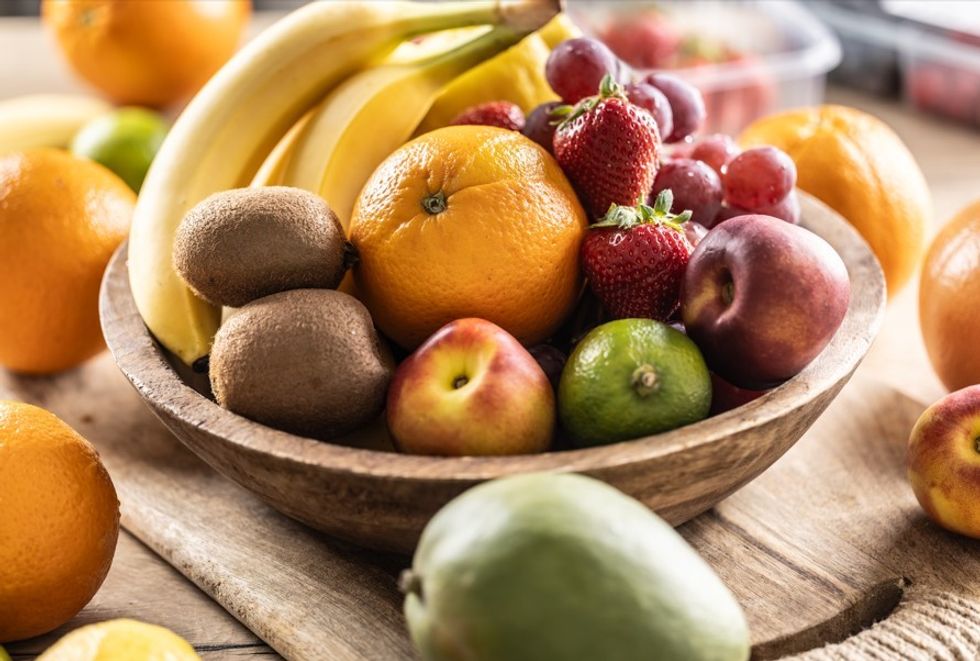Dr Guttman names dietary interventions to reduce the risk of stroke and heart attack
GBN
While doctors typically recommend reducing salt intake, a potassium-sodium balance may be more crucial
Don't Miss
Most Read
Trending on GB News
Eating more bananas could be more effective at lowering blood pressure than simply reducing salt intake, a new study has revealed.
Research published in the American Journal of Physiology-Renal Physiology, suggests that increasing dietary potassium is key to managing hypertension.
Nearly a third of adults worldwide suffer from high blood pressure and related complications.
Sodium and potassium are electrolytes that help the body send electrical signals to contract muscles and assist with essential functions like water retention.

Eating more bananas could have a greater positive effect on blood pressure than cutting salt
GETTY
The study indicates that the ratio of potassium to sodium intake could be more effective for lowering blood pressure than simply reducing sodium alone.
This suggests that while doctors typically recommend reducing salt intake, the potassium-sodium balance may be more crucial.
Researchers used a sex-specific mathematical model to assess how the potassium-to-sodium ratio impacts blood pressure.
The study revealed that men develop high blood pressure more easily than premenopausal women.
However, men are also more likely to respond positively to an increased ratio of potassium to sodium.
This modelling method could help identify how various factors affect the body quickly and ethically.
"Usually, when we have high blood pressure, we are advised to eat less salt," Anita Layton, one of the study's authors from the University of Waterloo, said. "Our research suggests that adding more potassium-rich foods to your diet such as bananas or broccoli might have a greater positive impact on your blood pressure than just cutting sodium."
"Early humans ate lots of fruits and vegetables, and as a result, our body's regulatory systems may have evolved to work best with a high potassium, low sodium diet," explained Melissa Stadt, another author of the study.
"Today, western diets tend to be much higher in sodium and lower in potassium. That may explain why high blood pressure is found mainly in industrialised societies, not in isolated societies," Stadt, a PhD candidate at the University of Waterloo, added.
LATEST DEVELOPMENTS

Nearly a third of adults worldwide suffer from high blood pressure
GETTY
The researchers noted that the beneficial effects of higher dietary potassium intake have historically received less attention than sodium reduction.
This new approach could have significant implications for the nearly one-third of adults worldwide affected by high blood pressure.
Complications from high blood pressure include heart disease, stroke, chronic kidney disease and dementia.
The study suggests a dietary shift might help address these health concerns in industrialised nations.








